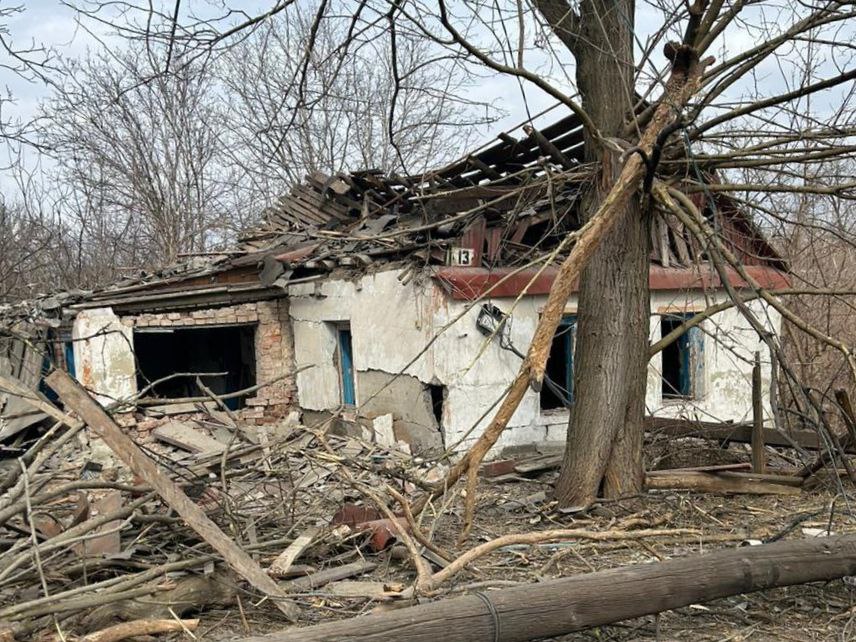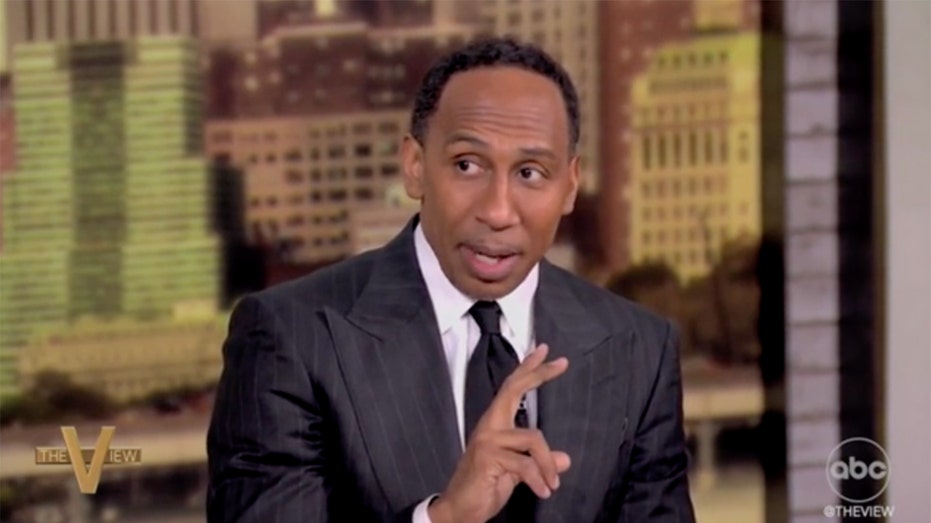Three-Star General Issues Red Alert About Musk’s Foreign Entanglements
A three-star U.S. Army general thinks that Elon Musk’s foreign business relationships could make him a significant threat to national security. Retired Lieutenant General Russel Honoré argued in a Sunday New York Times column that the SpaceX CEO’s willingness to capitulate to Chinese demands over the years should make his recent influence within Trump’s circle all the more questionable. Honoré referenced 2023 quotes from Musk’s DOGE buddy Vivek Ramaswamy to make his case. “I have no reason to think Elon won’t jump like a circus monkey when Xi Jinping calls in the hour of need,” Ramaswamy said in an interview. “It’s deeply concerning that @elonmusk met with China’s foreign minister yesterday to oppose decoupling and referred to the U.S. & Communist China as ‘conjoined twins,’” he wrote in another statement that year. “The U.S. needs leaders who aren’t in China’s pocket.”Ramaswamy has since made amends with Musk, but his concerns still apply. Musk and SpaceX have already been flagged thrice by the Air Force, the Defense Department’s Office of Inspector General, and the undersecretary of defense for intelligence and security for failing to disclose his meetings with foreign leaders, something his current security clearance requires him to do. And his China business isn’t going anywhere either. Musk has borrowed at least $1.4 billion from Chinese government–controlled banks to pay for his massive Tesla “gigafactory” in Shanghai. He borrowed this money knowing full well that China’s laws allow the Chinese Communist Party to demand information from any company doing business in China in exchange for doing business there—a huge red flag for Honoré.“Mr. Musk’s business dealings in China could require him to hand over sensitive classified information, learned either through his business interests or his proximity to President-elect Donald Trump. No federal agency has accused him of disclosing such material, but as Mr. Ramaswamy put it, China has recognized that U.S. companies are fickle,” Honoré wrote. “Mr. Musk’s relationship with China’s leaders could prove a problem for America’s national security given that SpaceX has a near monopoly on the United States’ rocket launches … the last thing the United States needs is for China to potentially have an easier way of obtaining classified intelligence and national security information.”This has drawn the ire of Democrats and Republicans alike. In 2022, Senator Marco Rubio accused Tesla of obstructing justice for the CCP, and in 2023 he introduced a bill to stop NASA and other federal agencies from giving contracts to companies connected to the Chinese Communist Party. Two Democratic senators very recently called for a probe into Musk’s “reliability as a government contractor and a clearance holder” because of his reported phone call with Vladimir Putin. The line between civilian and elected official has become blurrier as Musk further cements himself as part of Trump’s inner circle. As Honoré wrote, the world’s richest man funding Trump’s return to the presidency “does not give the incoming White House the license to look the other way at the national security risks he may pose.”

A three-star U.S. Army general thinks that Elon Musk’s foreign business relationships could make him a significant threat to national security.
Retired Lieutenant General Russel Honoré argued in a Sunday New York Times column that the SpaceX CEO’s willingness to capitulate to Chinese demands over the years should make his recent influence within Trump’s circle all the more questionable.
Honoré referenced 2023 quotes from Musk’s DOGE buddy Vivek Ramaswamy to make his case. “I have no reason to think Elon won’t jump like a circus monkey when Xi Jinping calls in the hour of need,” Ramaswamy said in an interview. “It’s deeply concerning that @elonmusk met with China’s foreign minister yesterday to oppose decoupling and referred to the U.S. & Communist China as ‘conjoined twins,’” he wrote in another statement that year. “The U.S. needs leaders who aren’t in China’s pocket.”
Ramaswamy has since made amends with Musk, but his concerns still apply. Musk and SpaceX have already been flagged thrice by the Air Force, the Defense Department’s Office of Inspector General, and the undersecretary of defense for intelligence and security for failing to disclose his meetings with foreign leaders, something his current security clearance requires him to do. And his China business isn’t going anywhere either.
Musk has borrowed at least $1.4 billion from Chinese government–controlled banks to pay for his massive Tesla “gigafactory” in Shanghai. He borrowed this money knowing full well that China’s laws allow the Chinese Communist Party to demand information from any company doing business in China in exchange for doing business there—a huge red flag for Honoré.
“Mr. Musk’s business dealings in China could require him to hand over sensitive classified information, learned either through his business interests or his proximity to President-elect Donald Trump. No federal agency has accused him of disclosing such material, but as Mr. Ramaswamy put it, China has recognized that U.S. companies are fickle,” Honoré wrote. “Mr. Musk’s relationship with China’s leaders could prove a problem for America’s national security given that SpaceX has a near monopoly on the United States’ rocket launches … the last thing the United States needs is for China to potentially have an easier way of obtaining classified intelligence and national security information.”
This has drawn the ire of Democrats and Republicans alike. In 2022, Senator Marco Rubio accused Tesla of obstructing justice for the CCP, and in 2023 he introduced a bill to stop NASA and other federal agencies from giving contracts to companies connected to the Chinese Communist Party. Two Democratic senators very recently called for a probe into Musk’s “reliability as a government contractor and a clearance holder” because of his reported phone call with Vladimir Putin.
The line between civilian and elected official has become blurrier as Musk further cements himself as part of Trump’s inner circle. As Honoré wrote, the world’s richest man funding Trump’s return to the presidency “does not give the incoming White House the license to look the other way at the national security risks he may pose.”



